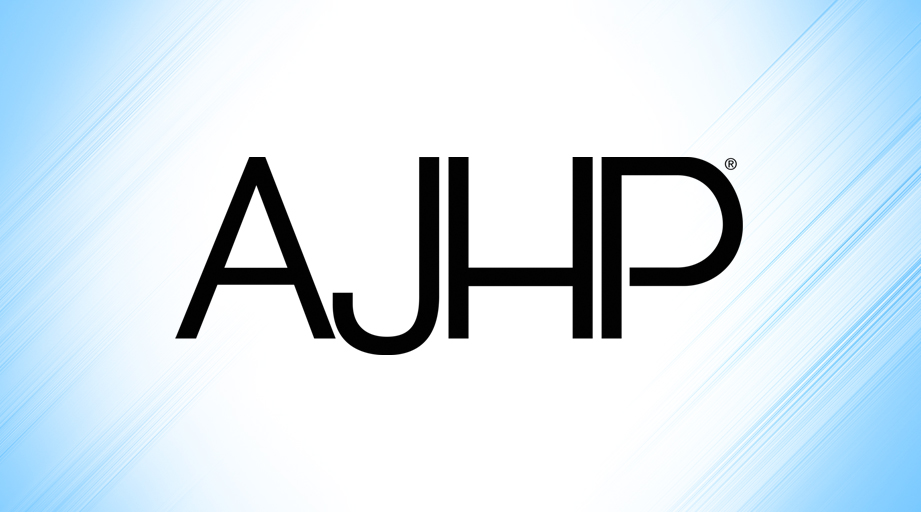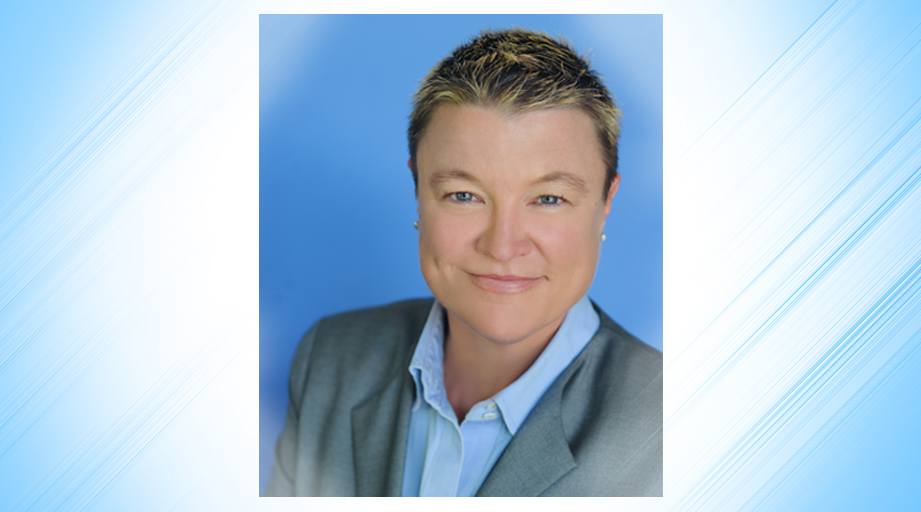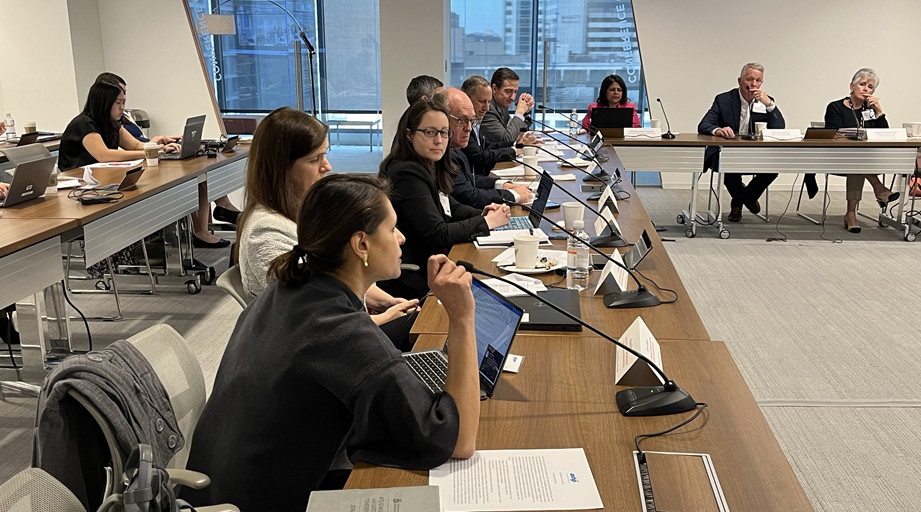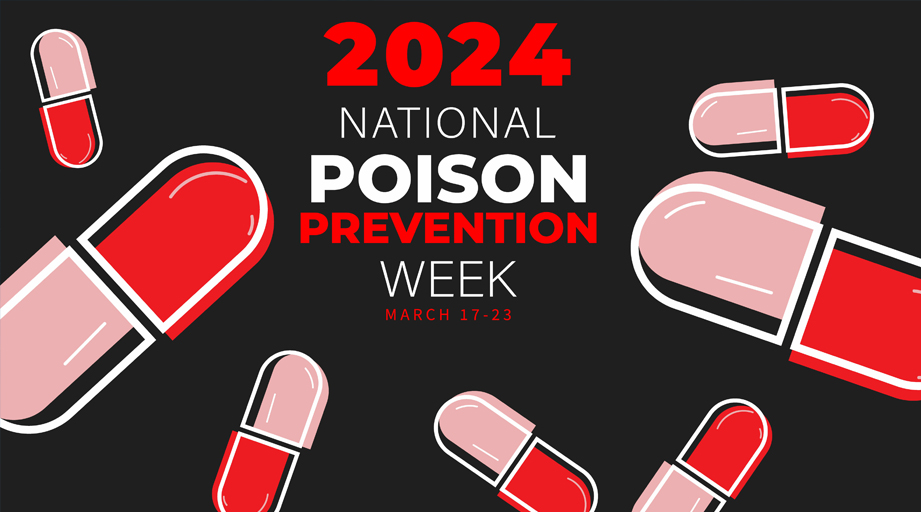
When Children's Mercy health system started administering doses of Pfizer-BioNTech’s COVID-19 vaccine to staff in late December, the pharmacy team soon realized it needed to strategically mix and match needles and syringes to get the most from each precious vial.
 The vials are labeled as having five doses each, but there is enough overfill to draw a sixth dose — as long as the syringe has minimal “dead space,” confirmed Ashley Duty, pharmacy manager for clinical operations at the health system’s flagship hospital in Kansas City, Missouri. Children’s Mercy also operates a smaller hospital in Leawood, Kansas.
The vials are labeled as having five doses each, but there is enough overfill to draw a sixth dose — as long as the syringe has minimal “dead space,” confirmed Ashley Duty, pharmacy manager for clinical operations at the health system’s flagship hospital in Kansas City, Missouri. Children’s Mercy also operates a smaller hospital in Leawood, Kansas.
Duty said the vaccine that staff received was supplied with “VanishPoint” syringe–needle combination devices that routinely accommodate a sixth dose — or 20% more doses than described in the labeling.
That means the pharmacists who prepared doses used up the syringe–needle combination devices well before running out of vaccine.
“So that’s where we’ve dipped into our own hospital supply of 1-mL syringes and ... safety needles,” Duty said. But she said that these supplies have too much dead space in the hub to consistently accommodate a sixth dose.
Duty credited a local hospital with sharing a creative way to routinely get that sixth dose from each vial.
“If you use three of the syringes that they sent with the shipment and three of your own — or you can do four and two as well — you’ll always get six doses per vial,” Duty said. “So ... instead of using up all of the ones the government sent and then switching to ours, we’ll always use the same combination. That way we’re getting consistent doses every time.”
Duty said the arrival of COVID-19 vaccines raised spirits at the health system and spurred a flurry of activity to administer as many doses to staff as possible.
“Everybody is really excited,” Duty said during the initial vaccination rollout. “They play music in the room where they’re administering vaccine. We have a selfie station where, after you get your dose and you sit an appropriate amount of time to make sure you don’t have any reaction, people take pictures, and they’re posting them to social media.”
She said the health system administered 1,200 doses during its busiest day and had given 6,700 doses over a three-week period.
After vaccinating staff, the organization began administering COVID-19 vaccines to first responders, including police officers, firefighters, and emergency medical services staff.
“We have also started vaccinating all teachers and childcare workers in the most populated county in Kansas. So far, we have administered around 23,500 doses,” Duty said in a late February update.
She said the Johnson County, Kansas, health department was so impressed with Children’s Mercy’s registration, tracking, and workflow methods that the county adapted those practices.
Duty said the health system’s vaccination rollout is rooted in a commitment to lean management principles for improving services and minimizing waste. Lean practices supported a transparent process for vaccine allocation within the organization and efficient tracking of vaccine inventory and doses administered.
She said pharmacists use a real-time spreadsheet to help track appointments, prepare the correct number of vaccine doses, and quickly repurpose doses for missed appointments.
In addition, the organization’s quality improvement team observed the vaccination clinic’s operation and suggested ways to streamline activities. One helpful suggestion was to use videoconferencing technology, allowing the pharmacists who prepare vaccine doses and the nurses who administer them to observe each others’ workflow.
Duty said the setup allowed the nurses “to see if we need a pickup of doses before we even get over there to deliver them.”
The pediatrics-focused health system has been largely spared the deluge of critically ill COVID-19 patients that has taxed many hospitals over the past year, Duty said. But the organization is treating young patients suffering from multisystem inflammatory syndrome in children, a serious manifestation of COVID-19.
In February, Children’s Mercy began offering the Pfizer vaccine to patients 16 years or older with specific diagnoses, including cancer, sickle cell disease, diabetes, and developmental disabilities.
“We have been able to vaccinate some dialysis and cardiac patients over 16 years old. Pharmacy was involved in dose preparation for these patients,” Duty said. She added that the initiative was paused because Missouri officials are targeting vaccine allotments to older populations in the state.
She said uptake of the COVID-19 vaccines by the health system’s pharmacists has been “really high,” but vaccine hesitancy has been a challenge for the health system, especially among minority staff.
“Our chief officer of equity and diversity is holding special discussions with those groups of people. Sometimes instead of waiting for them to sign up for a vaccine and make an appointment and come upstairs, sometimes they will go to the department and offer it,” she said.
The health system’s minority staff has also reached out to the local Black community through a brief YouTube video that promotes COVID-19 vaccination.
Duty said she was surprised to find that some staff who received their first dose early during the rollout opted not to get the second dose. One person discovered she was pregnant after receiving the first dose; others refused the second doses after having a reaction to the first dose or for other reasons.
“We’re trying to investigate with those employees some of their reasoning and follow up with them,” Duty said.
But she noted that as the staff vaccination campaign progressed, much of the initial hesitancy about the vaccines abated.
“We've had some staff who were initially hesitant really warm up to the vaccine when they saw friends and colleagues safely receive doses. The hospital continues to talk about how well it's gone and keep an open dialogue with our employees,” she said.
Duty didn’t have to wait as long as most people to get vaccinated against COVID-19. She participated in a clinical trial of Moderna Inc.’s mRNA-1273 investigational COVID-19 vaccine. She later confirmed that she received the active vaccine instead of a placebo.
“I officially got my first dose in August and my second dose in September,” Duty said. She said it was an honor to have the opportunity to participate in the study.
For more information and free tools regarding the pandemic, including the Assessment of Evidence for COVID-19-Related Treatments and patient-level COVID-19 vaccine monographs in English and Spanish, visit ASHP’s COVID-19 Resource Center and the COVID-19 Community at ASHP Connect.
[This news story appears in the May 15, 2021, issue of AJHP.]








